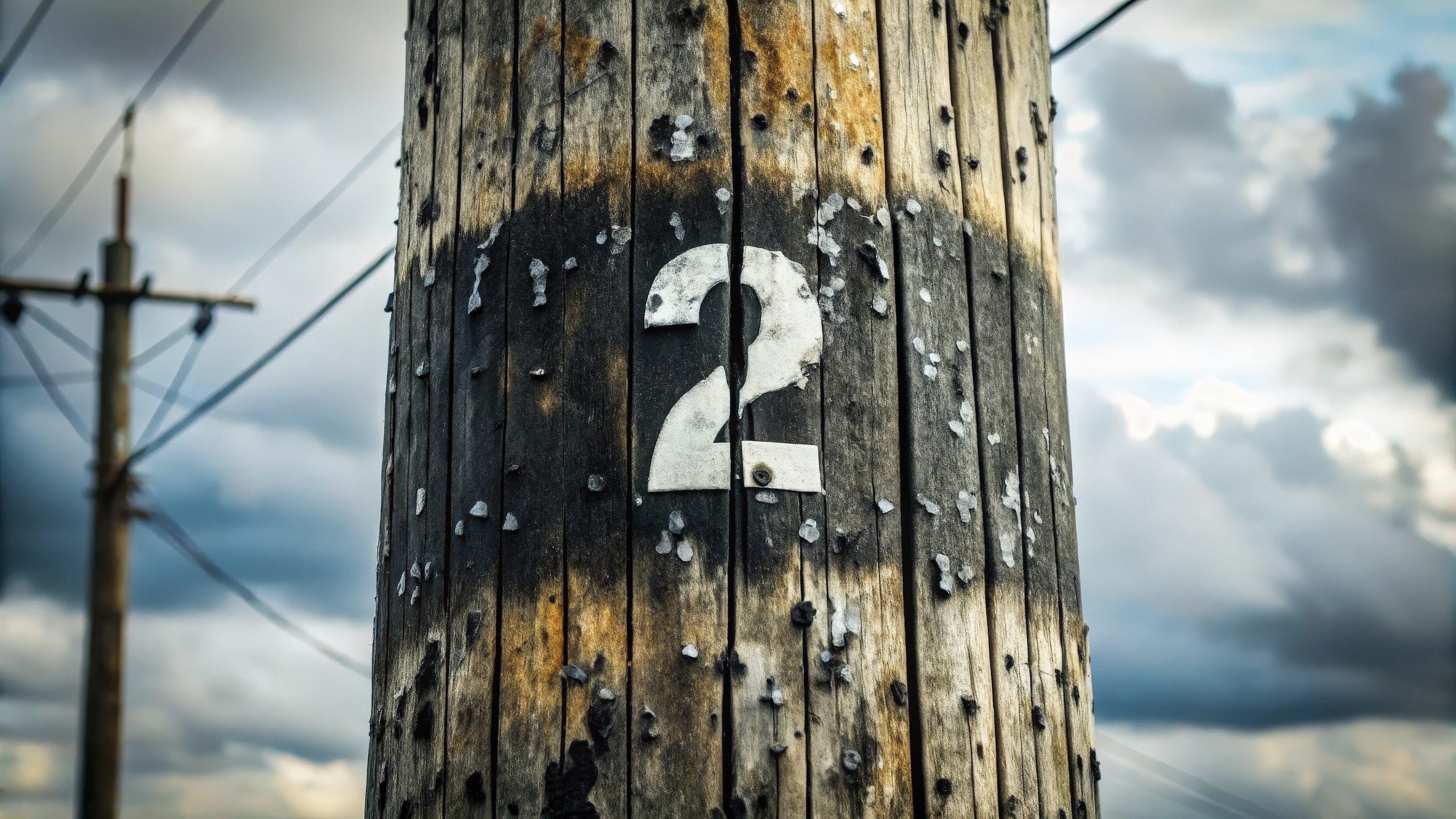In a world defined by change, says Baratunde Thurston, you need a sense of mission that’s much bigger than the desk you happen to be sitting behind at any moment.
Baratunde Thurston: When thinking about planning a career and what that means and should you choose something for the long haul or spread yourself thin or spread yourself out and have this Winnie the Pooh style hand in every honey pot bucket, I don’t have advice for everybody to do the multi-hyphenate-weirdo thing that I'm doing, but I will say that we’re in a world defined by constant change, and the idea of sort of picking one thing and riding that, picking one company and riding that, is less tenable. That one change is the constant. The thing that you have to cling to is less the specific skill set of job A and more of a general mindset of approach B. And so that may still mean that you’re a writer. It doesn’t mean that you’re going to be a reporter for this newspaper. It maybe means you’re a storyteller, and the way you connect with communities and expose clarity to confusing situations and put words and images together to convey knowledge to people, that’s what you do. You’re not a reporter for the Sacramento Bee--not to pick on the Sacramento Bee. You’re a storyteller. You’re an informer. You’re a legion in the army of pro democracy forces because your job is kind of outlined specifically in the Constitution, unlike most other people.
So to think a little bit more broadly about how you approach those things and have an approach rather than a specific angle of--this is what I do and once that factory is closed. or once that business is out of the way, I'm done. No. The security of a job is kind of what you make it and how flexible you can be, and so what principles are you building your career on?
I would also say, like, just experimenting is the thing. Oftentimes people say “Oh, so what you’re saying is I should learn Facebook. Facebook is the thing.” It’s like, no, Facebook isn’t the thing. Like, most businesses don’t last that long--and I'm not saying Facebook is going to die tomorrow, but probably, the odds are, it’s not going to last forever. And so if you over-invest in a specific tool or a specific platform and say, “That’s the future. It’s Facebook!” It’s like, no, Facebook isn’t the future. But the future is much more connected and fluid and point to point and driven by the edge rather than central top-down broadcast-type authority. So given that, how do you plan for a future and how can you take some of the trends that are happening and position yourself to kind of ride that wave, certainly not to just absolutely fight it?
When you think about the music industry and how it reacted to these digital times and how a lot of those executives reacted, first, they kind of ignored the idea. And this is a Gandhi quote: “First they ignore you. Then they laugh at you. Then they fight you. Then you win.” And in the case of the music industry, we’ve kind of gone through these phases, but there was an important element in the mix there where a lot of the leaders of that worldview and that business model thought it would end at some point, that we would reach some new plateau, some new normal where it’s like, now we get it, we’re in information age, and that means the widgets work this way instead of that way, just like we were in the age of the cotton gin and the Model T line and all these sorts of things. I don’t think we’re ever going to reset to a new plateau or a new normal of any significant length. By the time you get used to the way things work, the way things work will change because we’re on that Moore’s Law arc, because the tools that we use to connect to one another and drive everything advance far too quickly, and because we have too many minds plugged into the matrix who have a voice now, not just to consume, but to produce.
And so in a world of that much emotion and built-in volatility, clinging and calming down and saying, “This is what I do,” it just doesn’t seem like the most wise way to approach the world. You kind of have to approach it with speed in mind and say, “Okay, well, if motion is the constant, how can I remain in motion?”
And so I've thought about my own career, as it were, in that sense. I like to tell stories and use comedy to explore all kinds of topics, and I use technology to help me to do it. I'm a very political dude because I think being involved civically is important to kind of surviving and thriving as a society. That is my rough idea of what I do. It’s not just that I'm a standup comic. It’s not just that I'm some weird dude that tweets a lot. I am both of those things, but also much more.
Directed / Produced by
Jonathan Fowler & Elizabeth Rodd





